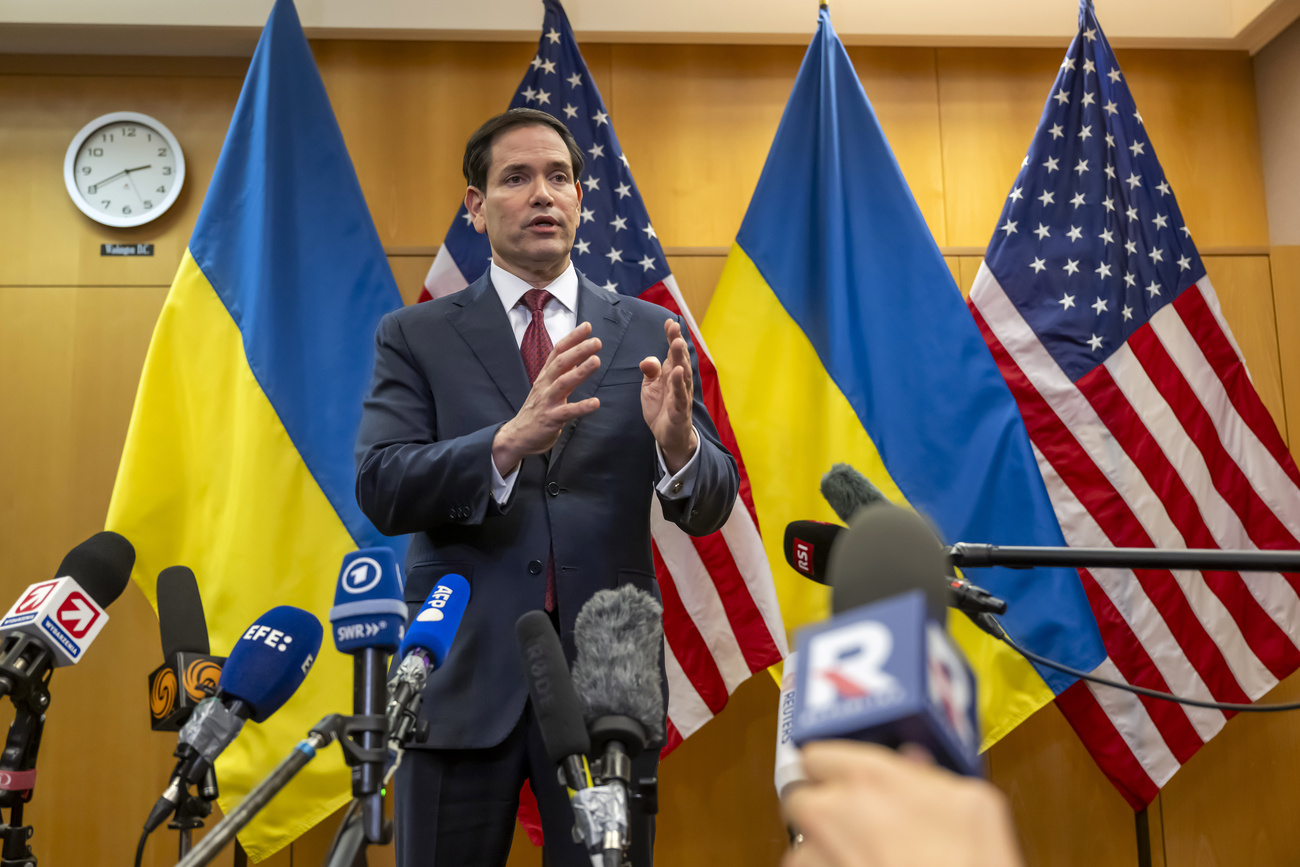
Malawi gets a dose of Swiss democracy

Parliamentarians in Malawi are learning how to better represent their constituencies, thanks to a Swiss-backed project aimed at strengthening the legislature.
The Institute for Federalism (IFF) at Fribourg University is working with local organisations in Malawi to make new parliamentarians aware of their rights and duties.
Malawi took a step towards democracy last May with the election of new president, Bingu wa Mutharika. His predecessor had tried to amend the constitution to extend his term in office, but failed to do so.
Speaking at the time, the director of a local NGO – the Institute for Policy Interaction (IPI) – said the fundamentals were in place for Malawi to become a meaningful democracy.
“We have the greatest policies around [and]… a constitution that any liberal democracy would be proud of, but the will to implement is not there,” said Rafiq Hajat of the IPI.
The IPI’s work persuaded Switzerland’s Institute of Federalism to support local efforts to boost the country’s fragile democracy and to help the legislature exercise its power.
Financial support
“The IPI’s projects already existed,” said Matthias Schnyder at the IFF’s International Research and Consulting Centre (IRCC). “What they basically needed was financial and academic support.”
With funding from the Swiss Agency for Development and Cooperation (SDC), the IFF launched a three-year programme at a workshop in Malawi last October.
The SDC will contribute SFr150,000 over three years – and will receive the research results at the end of 2006.
The programme is to provide newly elected parliamentarians with short induction courses to make them aware of their rights and duties.
It also includes roundtable discussions with parliamentarians to help them prepare for parliamentary sessions. These will take place three weeks before the sessions start.
Built into the programme is an observation system aimed at measuring its impact parliament.
Poverty and politics
Schnyder told swissinfo that the IFF had chosen Malawi because of the lack of other organisations active there, as well as the need for government to be held in check.
“We had to look for countries where as a small donor we could make a difference, and in countries like Tanzania or South Africa you have so many NGOs and big donors.
“Also, the political situation is very stable – mainly because the government has a huge amount of power and the legislatives hardly have any.”
Experts say Malawi’s president has made some progress in tackling corruption, authorising several high-profile arrests, but as yet no one has been convicted. They add there is a power struggle between the new president and his predecessor for control of the ruling party.
Aids
The country ranks as one of the world’s least developed. The national statistics office estimates that more than half the population lives below the poverty line of $140 per capita income per year, malnutrition and HIV/Aids is widespread and the child mortality rate, at 238 per 1,000, is among the highest in the world.
“Certainly in Malawi poverty is a bigger problem than political participation,” said Schnyder. “But the legislative is the representative of the people, and if the people really feel represented, they will support what we are doing.”
“We recently did a workshop on budget questions and there was already some sort of parliamentary monitoring system on that specific topic. You could really see how much more initiative there was and how dynamic the parliamentarians were because they knew what they were talking about.”
swissinfo, Thomas Stephens
Malawi has a population of 12.3 million (UN, 2004). The average life expectancy is 37.
The SDC’s total budget is SFr1.7 billion.
In 2002 the World Bank approved a $50 million drought recovery package for Malawi.

In compliance with the JTI standards
More: SWI swissinfo.ch certified by the Journalism Trust Initiative





























You can find an overview of ongoing debates with our journalists here . Please join us!
If you want to start a conversation about a topic raised in this article or want to report factual errors, email us at english@swissinfo.ch.